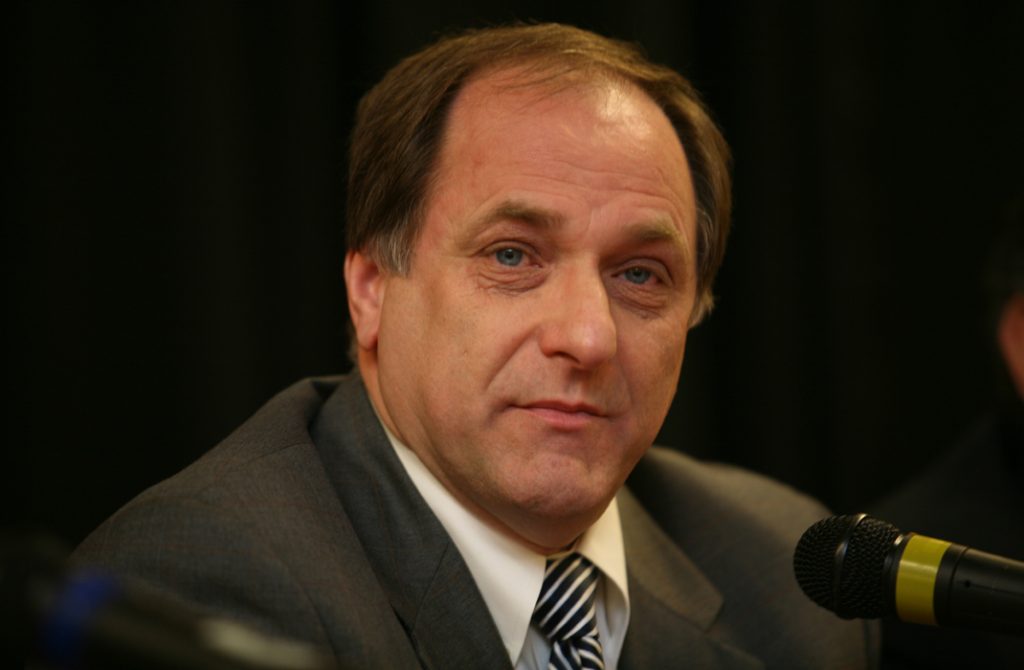US Representative Michael E. Capuano ’77 joins Professor Kent Greenfield on October 9 for Conversations@BCLaw, the second in a new BC Law series featuring alumni who are leading political figures.
The conversation will occur in the law school’s East Wing building, Room 120, and will be streamed live on the web at www.bc.edu/conversationsatbclaw beginning at 4 pm E.S.T. Audiences may join the interview on Twitter using the hashtag #atbclaw and Twitter handle @kentgreenfield1.
Last year’s inaugural event featured Congressman Bobby Scott ’73.
About Congressman Michael Capuano
An eight-term congressman from Massachusetts, Capuano has been influential in establishing ethical norms in the House or Representatives. He chaired the task that led to the establishment of the Office of Congressional Ethics and was named to the House Ethics Committee in 2013. Among his many accomplishments, Capuano has helped youths at risk by spearheading the Young Witness Assistance Act and seniors by passing a law ensuring that vision rehabilitation services are covered by Medicare. As co-founder of the Congressional Caucus on Sudan, he has become a leading Congressional authority on the region.
About Kent Greenfield
Kent Greenfield is Professor of Law and Law Fund Research Scholar at Boston College Law School, where he teaches and writes in the areas of business law, constitutional law, decision making theory, legal theory, and economic analysis of law. He is the past Chair of the Section on Business Associations of the American Association of Law Schools. In addition, he is the author of the book “The Myth of Choice,” published in 2011 from Yale University Press, Prunsoop Publishing (in Korean), and BiteBack Publishing (UK). His articles are widely cited, and he has been called “the leading figure” and “the most creative thinker” in the progressive, stakeholder school of corporate law scholarship.


